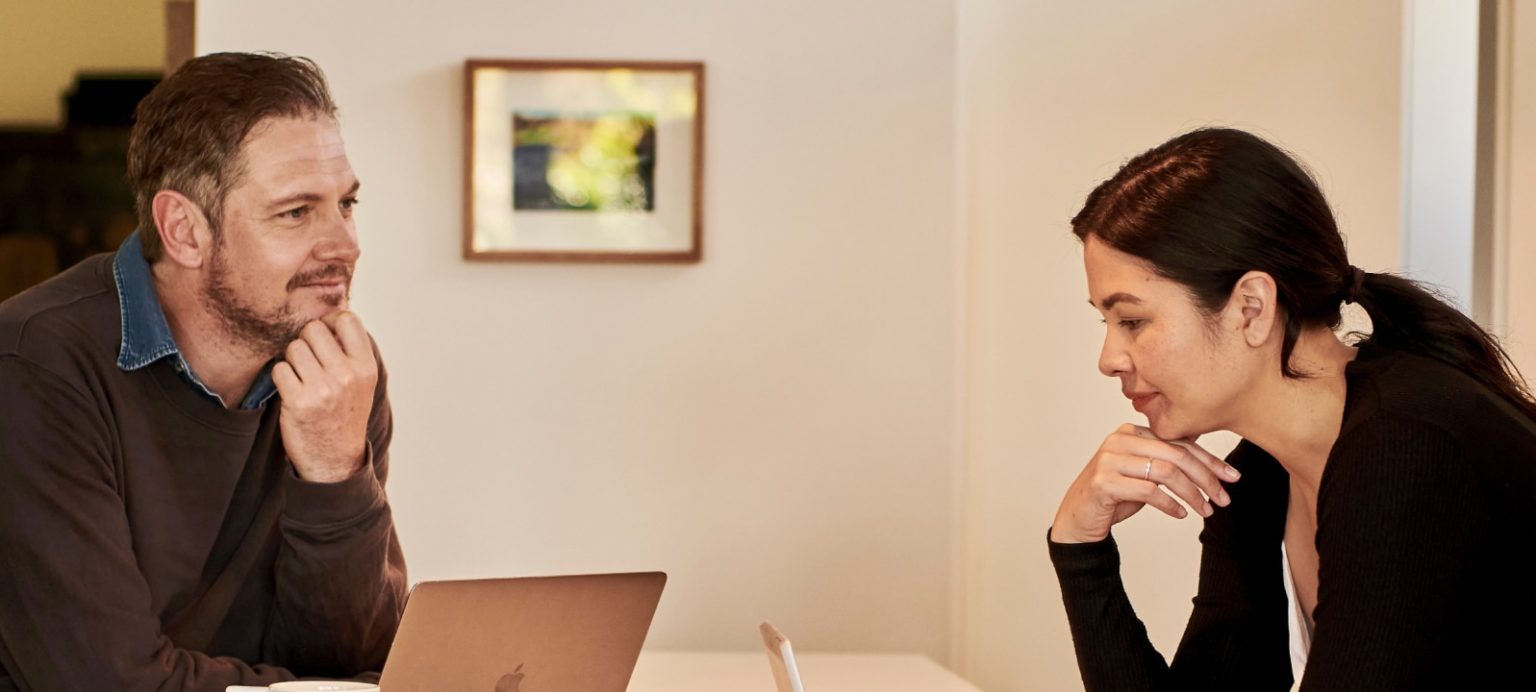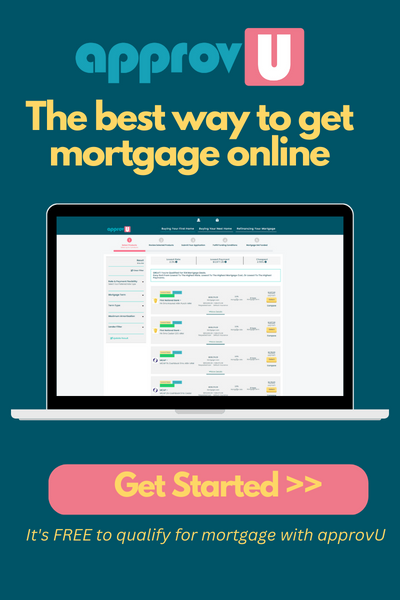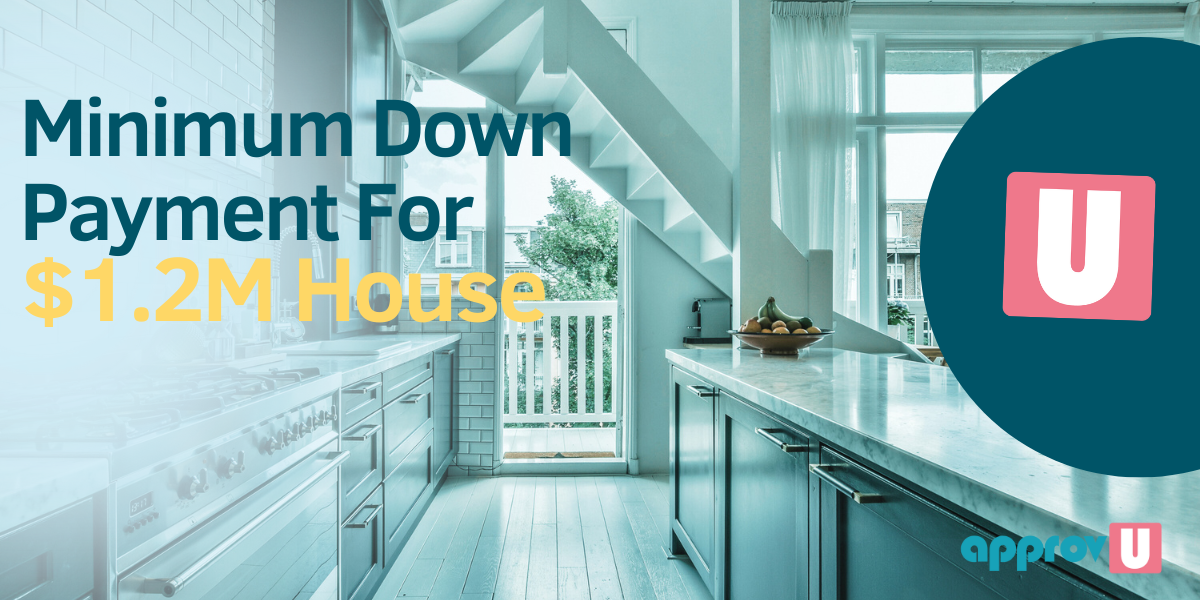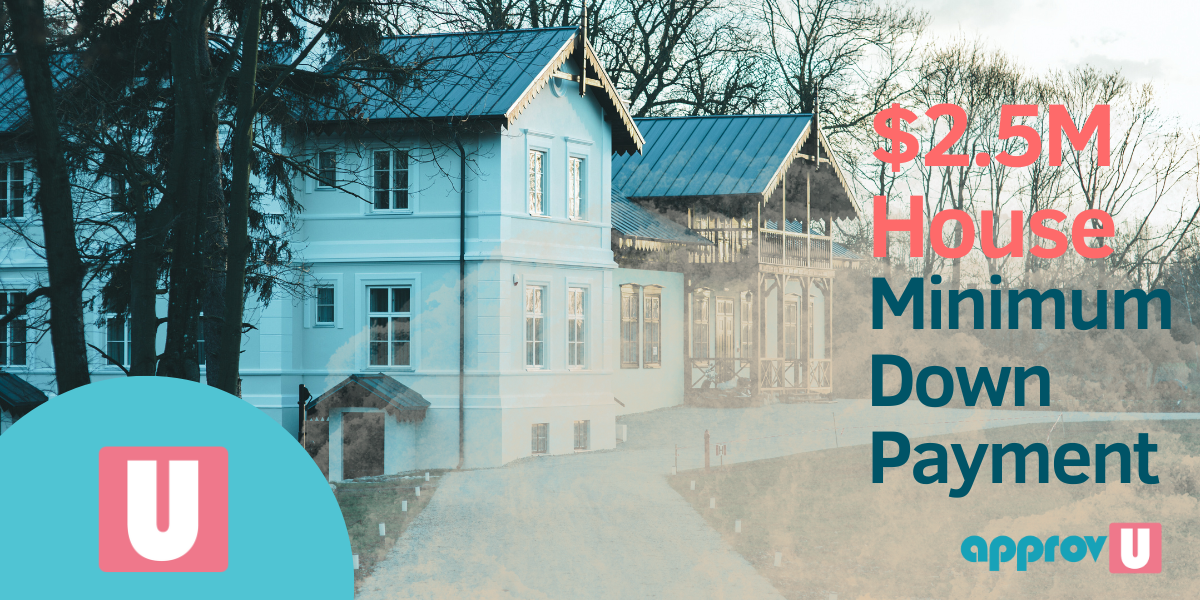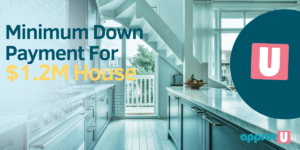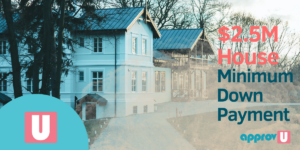Renting or buying a house is still a hard choice to make for most first-time homeowners.
Unfortunately, you will have to make a choice, if not now, at some point in the future.
Owning a house can provide a sense of accomplishment, stability, investment, and status in the community.
House ownership is not cheap; ongoing expenses like property tax, maintenance, and mortgage payments come with house ownership.
Renting also has drawbacks, which we will cover in detail in this post. If you’re at that point where you have to decide whether to buy or rent, read on to make the right decision.
Let’s start by looking at the reasons for buying or renting a house.
Why Buying A House Can Be A Better Option To Consider
Pride of House Ownership
For several decades, owning a house has been a sense of accomplishment and fulfillment of the Canadian dream.
The pride of owning the place you call home is wired in our DNA, and it is one of the main reasons Canadians love to own their houses as opposed to renting.
Owning your home also moves you up to the class status in society.
More Control
Owning your home gives you more control compared to renting.
You’re the landlord. When you buy a house with a mortgage loan, you are not at risk of being evicted by a landlord, but your bank may evict you if you fail to pay your mortgage on time.
When renting, the house owner or the landlord might sell the house without your consideration—owning your home shields you from these headaches and frustrations.
Your Family Needs
The need to own a house might not come by choice but as a family need. You may not want to put your family in a situation where they are susceptible to moving from one house to the next.
Owning your home provides stability, knowing that if you can pay the mortgage, your family has guaranteed shelter for as long as you desire.
An Investment Vehicle
Another important reason to buy your house is the value potential of real estate.
House prices have continually increased since the COVID pandemic’s start.
The rising house price translates to an increasing equity stake in your property. You can convert this equity into liquid cash by either borrowing against it or selling the house outright.
This money can help you with other significant expenses.
Also, while renting is a 100% expense, part of your mortgage payment goes to building up the equity stake in your home.
Again, you can access these payments by refinancing or selling the house.
Cost-Effective To Own Your House
With the average 1-bedroom apartment going for over $1,500 and a 2-bedroom for over $2,000, owning your house may be the cheaper option.
With the low mortgage rates, a monthly mortgage payment of $400,000 is less than $2,000. $400,000 can afford a decent house in major cities like Edmonton, London, Windsor, and Ottawa.
Why Renting A House Can Be A Better Option To Consider
Freedom To Relocate
You have the freedom to relocate when renting. You are not tied down to a specific location.
You are also not tied down by a mortgage commitment. You may need to inform your landlord of your intention to move out of the house.
No Maintenance Expenses To Worry About
Another benefit of renting over buying is that you don’t have to worry about maintaining the structure and repairing the house.
Your landlord assumes full responsibility for improvement, repairs, and maintenance costs. Your landlord is required to fix or replace any broken items in your house or apartment.
If your roof starts leaking, appliances stop working, or your door gets broken, all you have to do is inform your landlord, and they are obligated to fix the issue.
On the other hand, if you choose to own your home, you will be responsible for all these repairs and maintenance costs. They can be pretty pricey.
For example, the average price of roof changes is over $10,000.
Fewer Maintenance Expenses
Homeowners must pay property tax to the city, which you don’t have as a renter.
Property tax varies by city. It is based on the assessment value of the property and the property tax rate.
It can be a hefty amount, especially if property tax is your local government’s leading source of income.
Low Upfront Financial Obligations
The upfront money required to rent a house is much lower than that needed to buy a home.
The first and last months’ rent payments are mostly all you will need to budget when renting.
On the flip side, buying a house requires a considerable upfront investment.
You need a down payment to buy a house in Canada. This can be a sizable amount, depending on the price of the home.
The minimum down payment can range between 5% and 20% of the purchase price.
There are also costs associated with closing a new house, which you will not have to worry about if you rent.
Low Financial Obligations
There are fewer financial obligations when renting. All that is required of you is to make your regular rent payment.
The things you have to worry about as a homeowner are enormous.
In addition to your mortgage payment, you also have to worry about property tax, repairs, maintenance, upkeep of the property, and more.
You can choose to rent to avoid the stress of homeownership.
Evaluating Your Decision To Buy A House
Now that you know the pros of buying a house and renting, it is left to decide.
Below are a few tactics you can apply to guide your decision.
Do You Have the Minimum Down Payment?
Gone are when you could buy a house with no down payment.
At a minimum, you need to put down 5% of the property value for houses priced at $500,000.
Add 10% of the added property value up to $1 million and 20% for anything above $1 million.
Deciding to buy or rent is easier if you don’t have the required upfront investment to buy a house.
The down payment must not come from your savings. It can be gifted by an immediate family member, borrowed, be a grant or be an incentive.
Either way, you have to show that you have the source of the required down payment if you want to buy your home.
It is an obvious decision to rent without the down payment while you continue to save for the required down payment.
Qualify For A Mortgage
Qualifying for a mortgage is another uphill battle if you have to buy a house with a loan. In addition to the down payment, mortgage qualification is another factor to consider before deciding to rent or buy your home.
Institutional mortgage lenders use stress test rules for their mortgage qualification calculations.
For example, federally regulated mortgage lenders are required to stress test their mortgages using the greater of 5.25% or your contract rate plus 2%.
Mortgage stress testing means banks use a higher rate to qualify you for a mortgage.
The essence of this rule is to ensure that you are financially capable of withstanding a sudden increase in mortgage rates.
The higher qualifying rate erodes purchasing power.
For example, you could qualify to buy a $451,924 house at a rate of 2.30% instead of a $401,901 property with a qualifying rate of 5.25% with an $80,000 annual income and a $30,000 down payment.
Therefore, your ability to buy a house should be based on the qualifying rate, not the mortgage rates advertised all over the internet.
If you can’t qualify to buy the house based on the qualifying rate, renting for a while to boost your income or getting a cosigner could be a better choice.
Evaluating Your Decision To Rent A House
Less Sustainable Income
Getting a mortgage for a house is a long-term commitment. It is costly to end your mortgage contract early.
You should consider renting if your income is not sustainable. For example, your employment is not guaranteed, or you are employed on a short-term contract.
Not paying your mortgage will lead to foreclosure, a dwindling legal process you don’t want to undergo, especially if you do not have the money to fund the legal costs.
It is advisable to rent in this situation since the legal and financial commitments are less.
High Debt Load
Another aspect that can help ease your decision to rent or buy is your debt load. It may be tough to qualify for a mortgage loan even if you want to buy a high debt.
You should consider renting as you work to pay down your debts.
Again, you don’t have to add other obligations like property tax, condo, and maintenance fees to your already high debt load.
Lifestyle Choice
Owning a house will be a better experience if you are financially disciplined.
Again, given the obligations that come with house ownership, you have to assess yourself if you are ready to take on the commitments that come with house ownership.
You may love to travel and work on the go. Therefore, buying a house that may stay empty for months to years while trotting the world won’t be financially prudent.
In this case, renting can be a better option since you can sign off from your lease with just a few months’ notice.
Key Takeaway Tip
Renting vs. buying a house depends on several factors.
Homeownership is a wise investment if you have the required resources to buy. On the other hand, you can rent with limited resources to save for future homeownership.


